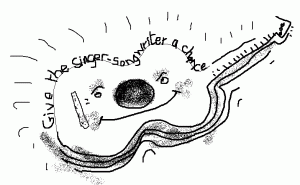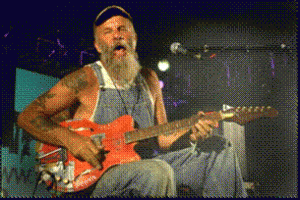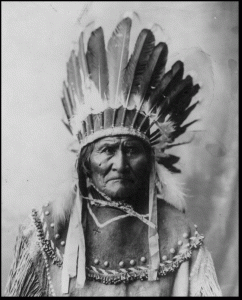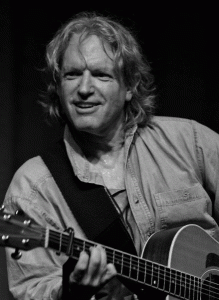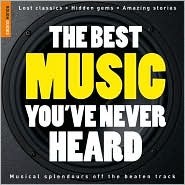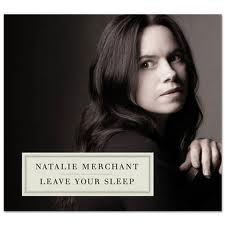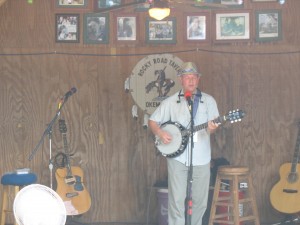
USA 2010
Here are some lyrics to a song I wrote many years ago and only sang in public very occasionally – and now never – but which still resonate with me.
words – they can mean everything
or nothing but a sound someone might make
overheard – a single word – can bring you down
or take you higher than a bird
words – they’re so meaningless at times they’re only words
foolish words – empty words
do you remember darling what you told me long ago
how much you really loved me but now at last I know
you were only saying what you thought I wanted to hear and I believed all your…
words – they can mean everything… etc
Anyone who deals in words for a living must at some point wonder what they all really mean – how inadequate they often are, especially to translate feelings. Maybe the reason love is the predominant subject for songwriters (apart from its universality) is that music has the power to convey deep emotions and can change the most banal lyrics into something powerful and full of meaning.
Finding the right word is important however, and the wrong one can certainly jar. Last year, singing at the Rocky Road Tavern in Okemah, USA, whilst attending the Woody Guthrie Folk Festival, I sang my song ‘Risk of Explosion’ which includes some lines lifted from Woody’s song ’Lonesome Valley’ (which he lifted from numerous other songs). After coming offstage I was chatting to another performer who said it was obvious I was not American because I’d used the word ‘trepidation’ at one point. I don’t know if he was right or not but, for me, the word felt
right.
life’s a risky business – of that there is no doubt
but don’t let fear and trepidation make you take an easy way out
And, in the last verse, almost as an afterthought:
Iknow talking is so easy and words are cheap as dirt
But don’t forget my darling – words can heal as well as hurt
Now that I think about there is a theme here which runs through many of my songs: paradox. The co-existence in life of opposite truths, feelings, beliefs, etc, and how we somehow manage (or don’t) to reconcile these. Teenagers, so we are told, often have difficulty accepting different views and tend to see the world in rather black and white terms, but I think we all do. For love to work, for example, it often means accepting many differences – of being tolerant, understanding and unselfish – not easy to put into practice. Especially as love can also be the opposite of these – single-minded, selfish and passionate – especially in its early stages. Love songs can put words and tunes to difficult emotions – feelings that may have no rhyme or reason – but they can also seem hopelessly inadequate.
Maybe, as I began to realise during difficult times in my thirties, a sign of being ‘grown up’ is the ability to ‘grow out’ – to see the world through other’s eyes. Also, that many different people inhabit each of our bodies, and words can change meaning and relevance accordingly. Although most of us respond to a beautiful or humorous line, we also know the very same words could be twisted around by circumstances or a malignant mouth. Unfortunately, words will always be inadequate, but they’re all we have (though actions speak louder). As the Bee
Gees (‘Words’, 1968) say:
Talk in everlasting words
And dedicate them all to me
And I will give you all my life
I’m here if you should call to me
You think that I don’t even mean
A single word I say
It’s only words, and words are all
I have to take your heart away

